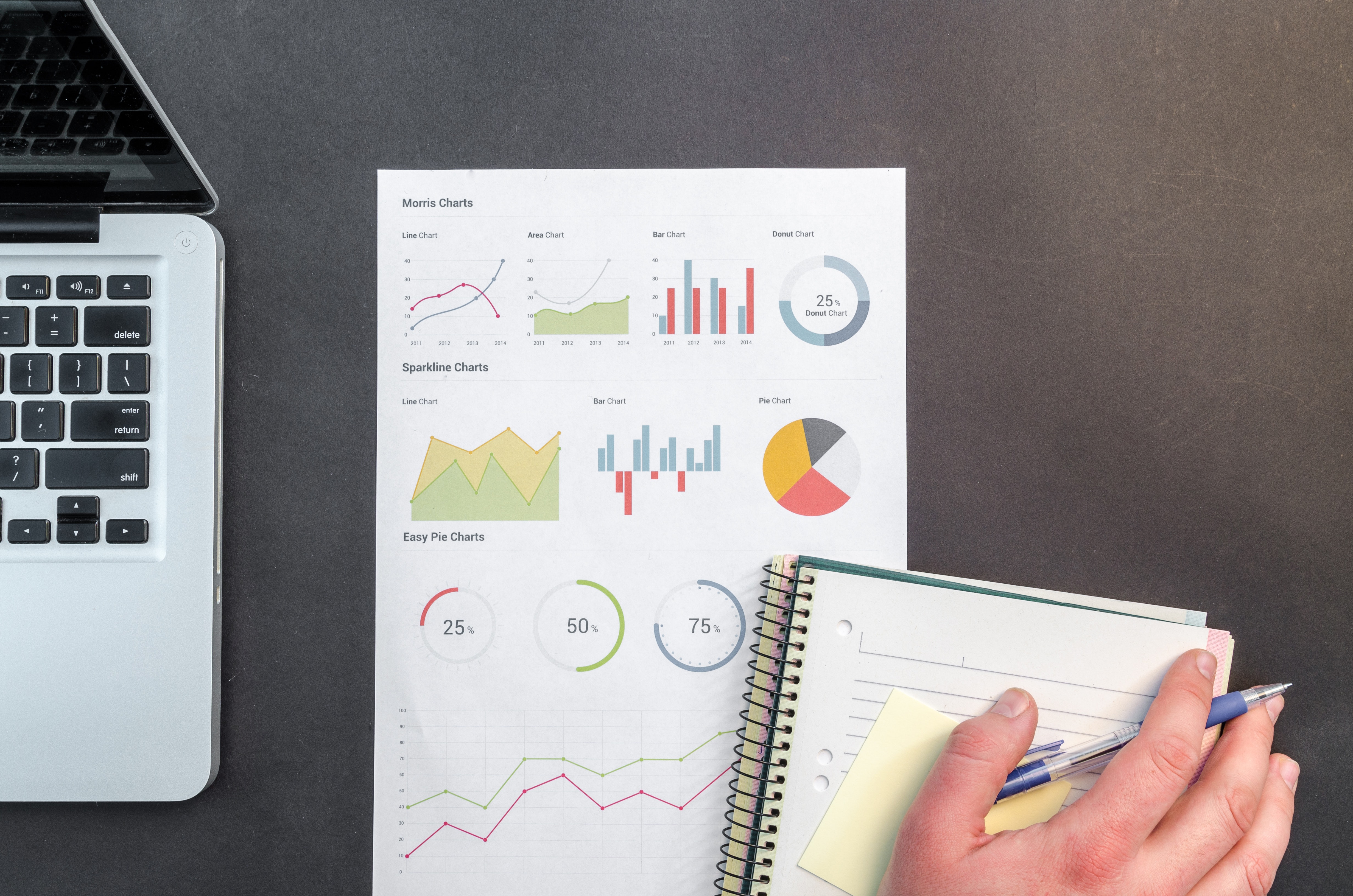Companies have experienced the horrors of instant defamation as well as the power of overnight success, thanks to social media. It could take just one viral Tweet or a poor review on Facebook to make your brand lose all its shine while a glowing review could make it shine even more. There’s no doubt that social media provides an excellent platform for your business to grow but not everyone knows how to navigate its complex boundaries. How is anyone to know which of their Tweets or posts would be received positively and which might fare badly and actually get them trolled? The answer depends entirely upon how well and how much you understand your audience. Social media analytics helps you with this research.
How do Social Media Analytics help?
Social media analytics is a tool that helps you gauge relevant information to measure your brand’s performance based on the data collected from social media and review platforms. These numbers may showcase both quantitative and qualitative aspects of your social media presence like audience growth, click-through rates, content engagement, sentiment analysis, topic clouds et cetera. Sounds simple? The insights which can be drawn are quite complex though. These numbers and charts can tell you everything from how well your posts are performing, how many click-throughs resulted in one sale, how to capture/convert buying signals and so on.
Numbers tell Half your Brand’s Story
Most marketers track the numbers, but not everyone gets the real picture. Numbers definitely speak of the growth in audience engagement or the increase in the number of click-throughs. And it is great when the numbers are positive. Only, all of it is very relative. The quantitative has to be included with the qualitative to understand the complete scenario. When there’s an increased number of brand mentions or an increase in the engagement rate, we need to check if it is positive. Customers could be posting negative reviews. An increase in negative reviews may see an increased number of brand mentions but it will not exactly be a desirable state of affairs. A comprehensive social media strategy needs to be in place to look at the total picture and initiate suitable corrective measures based on the situation.
Social Media Monitoring and Social Media Analytics
All the reasons stated until this point tell us why it is important to keep an eye on the other metrics which measure our performance on social media. You can also use a social listening tool to monitor social media to gather data and analyze the public mood for your brand. Social media monitoring tools also help you to analyze the trending topics and may help you to zero in on the pain points of your customers or target groups. If your company has received 100 comments on a given day and 40 of them mention “delayed delivery”, it could be taken as an alert and a call to take immediate corrective action and make appropriate amends. Tracking social media metrics also helps you see the influencer scores of all your supporters. Any user with a high influencer score who has enjoyed your brand’s product or service can be recruited to act as your advocate on social media. Spreading a positive word of mouth can never hurt.
Social media tracking can also help you to improve your customer service by being actively responsive to their concerns. According to J.D Power, “67% of consumers have used a company’s social media site for servicing, compared with 33% for social marketing”. These efforts might not affect the numbers immediately but can definitely help build the brand’s image.
It’s time you took advantage of social media analytics to boost your own brand’s image.

